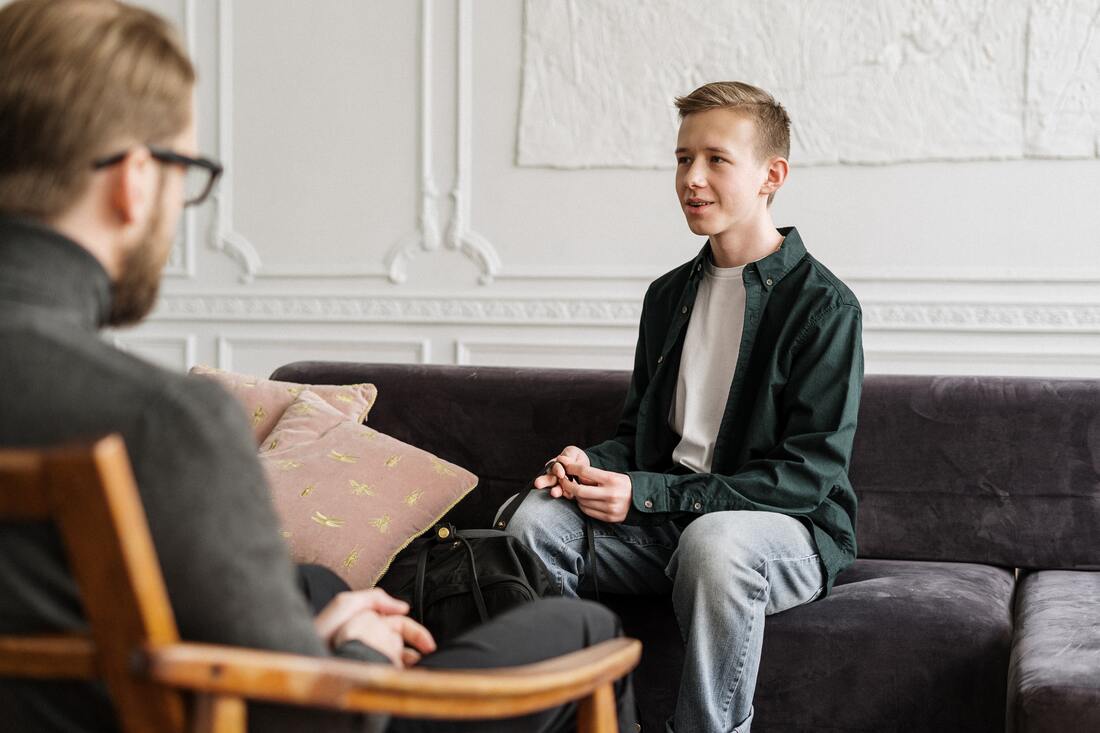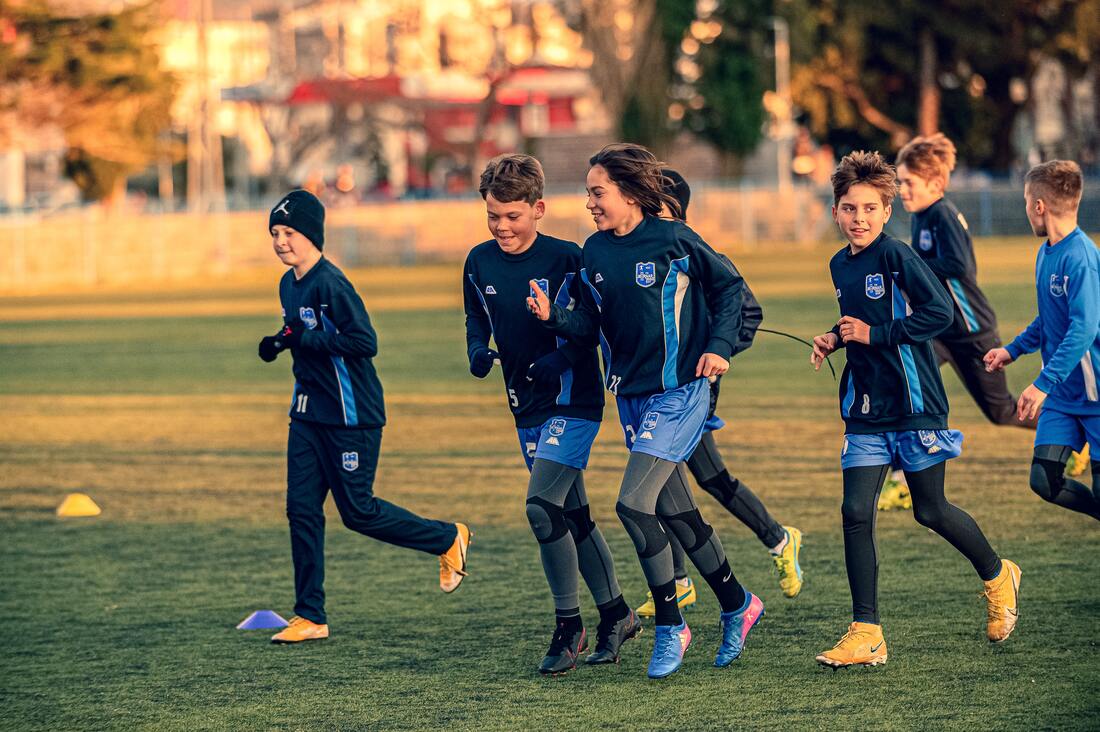|
Obsessive-compulsive disorder (OCD) is a mental health disorder that affects millions of people around the world. It is a condition that is often misunderstood, with many people not fully understanding the severity of the disorder or the debilitating impact it can have on a person's life. In this blog post, we will explore what OCD is and what it is not, and discuss how it can be effectively treated in a psychological practice setting. What is OCD? OCD is a disorder characterised by persistent, intrusive, and distressing thoughts or images (obsessions) that lead to repetitive behaviours or mental acts (compulsions) aimed at reducing anxiety or preventing harm. The compulsions may include physical rituals or mental processes such as counting, checking, or cleaning. These behaviours can become so time-consuming and distressing that they can interfere with a person's daily life, relationships, and work. It is important to note that having obsessive thoughts or engaging in compulsive behaviour does not necessarily mean that a person has OCD. It is only considered OCD when these thoughts and behaviors are severe, persistent, and interfere with daily life. Additionally, OCD is a distinct mental health disorder that is different from other anxiety disorders, such as generalized anxiety disorder or social anxiety disorder. What isn't OCD? It is important to recognise that not all repetitive behaviours or obsessive thoughts are indicative of OCD. For instance, some people may have habits or routines that they enjoy or feel comfortable with, such as arranging objects in a particular way or double-checking a door lock. These behaviours do not necessarily indicate the presence of OCD. Similarly, it is not uncommon for people to experience occasional intrusive thoughts or worries. However, these occasional thoughts do not rise to the level of obsessions that are characteristic of OCD. Effective Treatment for OCD OCD is a treatable disorder, and Hopscotch and Harmony Psychology offers several effective treatments that can help manage the symptoms. Cognitive-behavioral therapy (CBT) is one such treatment that has been shown to be particularly effective in treating OCD. This type of therapy involves identifying and changing negative thought patterns that contribute to obsessions and compulsions. Conclusion OCD is a mental health disorder that can have a significant impact on a person's life. However, with the right treatment, individuals with OCD can manage their symptoms and live fulfilling lives. If you suspect that you or someone you know may have OCD, it is essential to seek the help of a psychologist or other mental health professional. They can help identify the underlying causes of the disorder and develop a treatment plan that is tailored to your unique needs.
As a parent, it can be tough to see your child struggling with emotional or social difficulties. You want to help them, but sometimes it's hard to know where to start. That's where psychological therapy can come in. If you're considering bringing your child to their first session at Hopscotch and Harmony, it's natural to wonder what to expect. In this blog post, I'll walk you through what your child's first therapy session might look like. Before the Session Before the session, you'll have some online forms to fill out. This will include things like your child's medical history, any medications they're taking, and details about their presenting challenges. It's important to be as honest and thorough as possible when filling out these forms as the more information your therapist has, the better they'll be able to help your child. The Initial Session The first session is usually a parent/carer only session. This is an opportunity for the psychologist to get to know you and to gather more information about your child’s challenges and strengths. The psychologist may ask you some questions, such as:
The Therapy Session After the initial session, your child will begin their therapy sessions. These sessions may be individual, family-based, or a combination of both. During the first therapy session, your child and the psychologist will likely engage in games and fun activities to begin building rapport and developing a therapeutic alliance. It's important to understand that therapy is a process, and it may take time for your child and you to see progress. The psychologist will work with you and your child to set goals and track progress, so you can see how your child is doing. Taking your child to their first psychological therapy session can feel daunting, but it's an important step towards helping them better understand themselves and improve their well-being. By being open and honest with your psychologist and supporting your child through the process, you can help them build the tools they need to thrive. It might also be helpful to show your child the profile of their clinician on the Hopscotch and Harmony website to help subside any nerves prior to the first session.
As children grow up, participating in sports can be an excellent way to develop physical and social skills. However, for some children, the idea of participating in sports can bring about feelings of anxiety and nervousness. It can be challenging for parents to know how to support their child when they are experiencing anxiety in these situations. In this blog post, we'll explore the different ways that children may experience anxiety when playing sport and how Hopscotch and Harmony Psychology can help. Causes of Anxiety in Sport There are many reasons why children might experience anxiety when playing sport. Some common causes include:
Symptoms of Anxiety in Sport It's essential to recognise the symptoms of anxiety in children when playing sport so that you can support them. Some of the signs of anxiety include:
Ways to Help Children with Anxiety in Sport There are several ways that parents and coaches can help children experiencing anxiety when playing sport.
Conclusion Anxiety is a common experience for children when playing sport. It's important to keep an eye out for symptoms and understand the causes so that you can support your child. By creating a safe and positive environment, encouraging your child, teaching relaxation techniques, and seeking professional help when needed, you can help your child manage their anxiety and enjoy participating in sports.
Jacob Spinks. Psychologist Playing junior sport at an elite level can bring about feelings of performance anxiety, stress and nervousness. The journey can be challenging and sometimes overwhelming, and although it's normal to feel anxious and nervous before a big game, children do not have to experience these feelings alone. Excessive anxiety can hinder your performance and affect your overall quality of life. One of the most important things to remember is that you're not alone in this journey. Many athletes face similar challenges and feelings. Here are some ways to manage these feelings in the lead up to a big game: Practice relaxation techniques such as deep breathing, progressive muscle relaxation, and visualisation. These techniques can help you reduce anxiety levels and feel more calm and focused before a big game. Challenging negative thoughts is another helpful strategy to improve mental well-being. Negative thoughts can fuel anxiety and self-doubt, which can hinder your performance. Learning to challenge these thoughts and replace them with positive affirmations can help you feel more confident and focused. Seeking support from a trusted friend, coach, or psychologist can also make a significant difference in managing anxiety. These individuals can provide you with strategies and techniques to help manage your symptoms and provide you with the support you need. Building resilience is another important strategy to cope with the challenges that playing sport can bring. Resilience involves developing the skills and mindset to overcome setbacks and challenges. This can help you cope with the ups and downs of elite sports and reduce your anxiety levels. Lastly, taking care of your physical health can also help reduce anxiety. Eating a healthy diet, getting enough sleep, and engaging in regular physical activity can help you maintain a healthy balance and feel your best. Remember, it's not just about achieving your goals, but also enjoying the journey. If you're struggling with anxiety, please don't hesitate to reach out for help.
|
Categories
All
|
Hopscotch & HarmonyAt Hopscotch & Harmony Psychology, you can expect compassionate care and evidence-based guidance on your journey to wellness.
With clinics in Werribee and Belmont, as well as providing online counselling to clients who live throughout Australia, our dedicated team of psychologists and dietitians are committed to providing support to children, teenagers and adults. With a focus on understanding your unique needs, we offer tailored solutions to foster growth and resilience. Trust in our experience and dedication as we work together towards your well-being. Welcome to a place where healing begins and possibilities abound. |
Our services |
Contact usHopscotch & Harmony
Child, Teen and Adult Psychology Our Locations:
WERRIBEE: 1/167-179 Shaws Rd
BELMONT: 92 Roslyn Rd AUSTRALIA-WIDE: Online counselling |
Hopscotch and Harmony respectfully recognise the Aboriginal and Torres Strait Islander people as the first Peoples of the continent now called Australia.
We acknowledge the Bunurong and Wadawurrung people of the Kulin Nation, the traditional owners of the land on which we work, and pay our respects to their Elders, past, present and emerging.
© 2024 Hopscotch and Harmony Pty Ltd








 RSS Feed
RSS Feed
